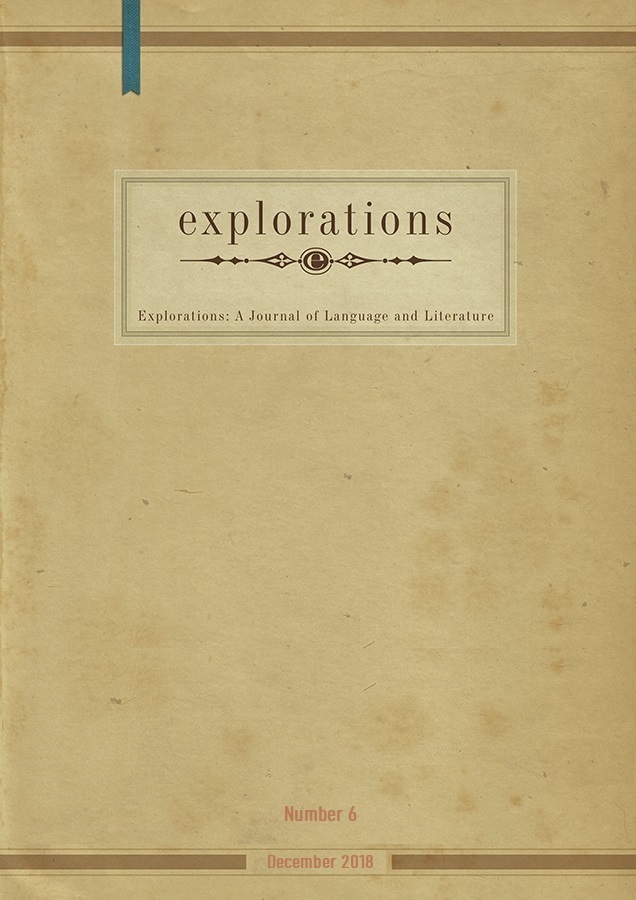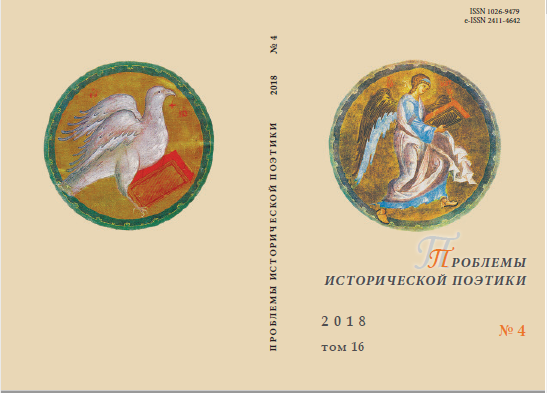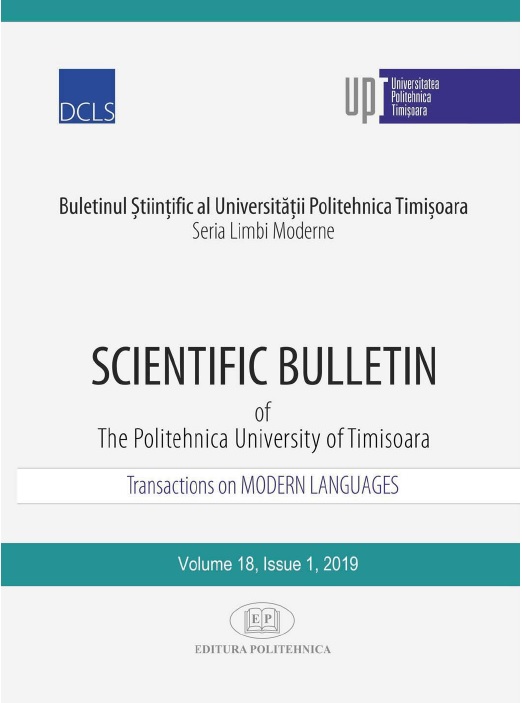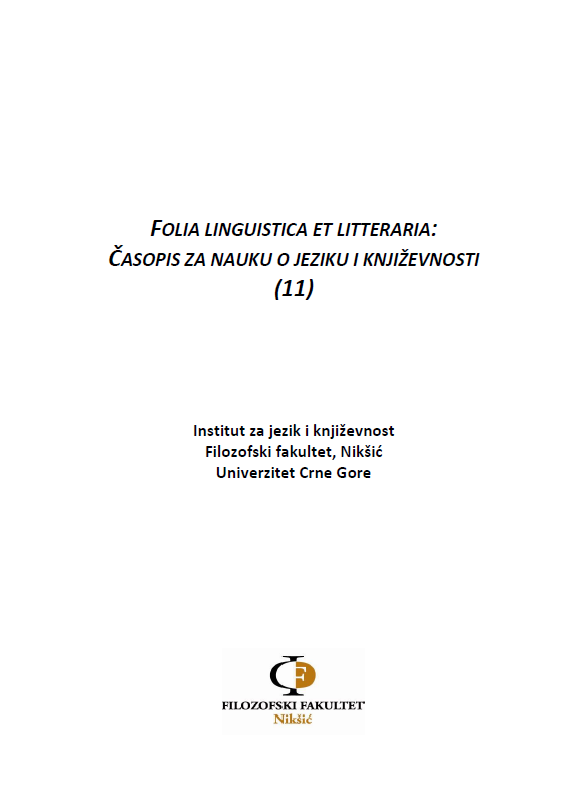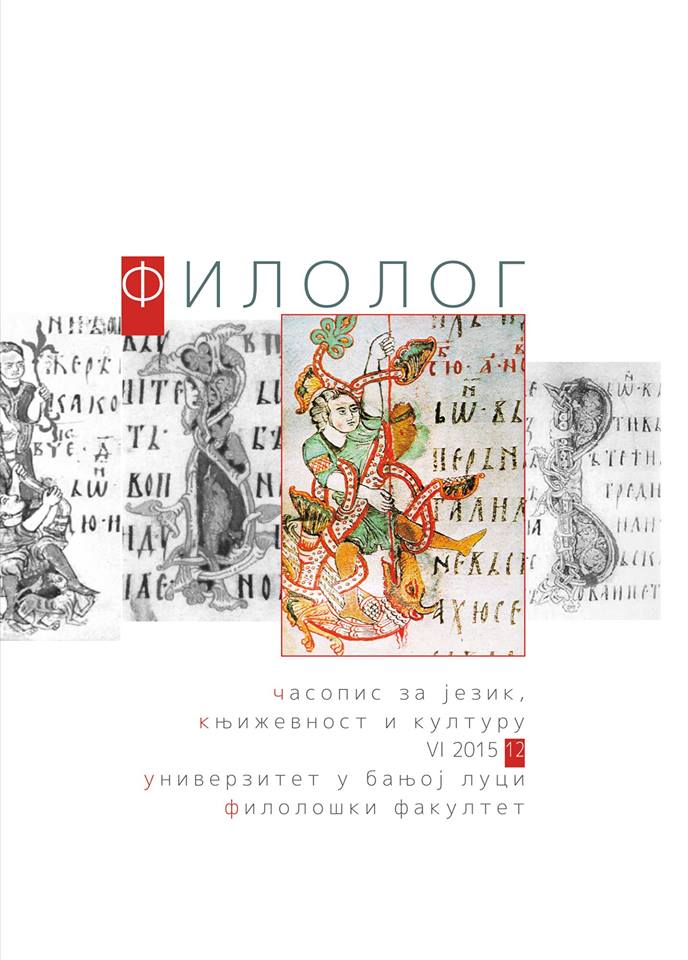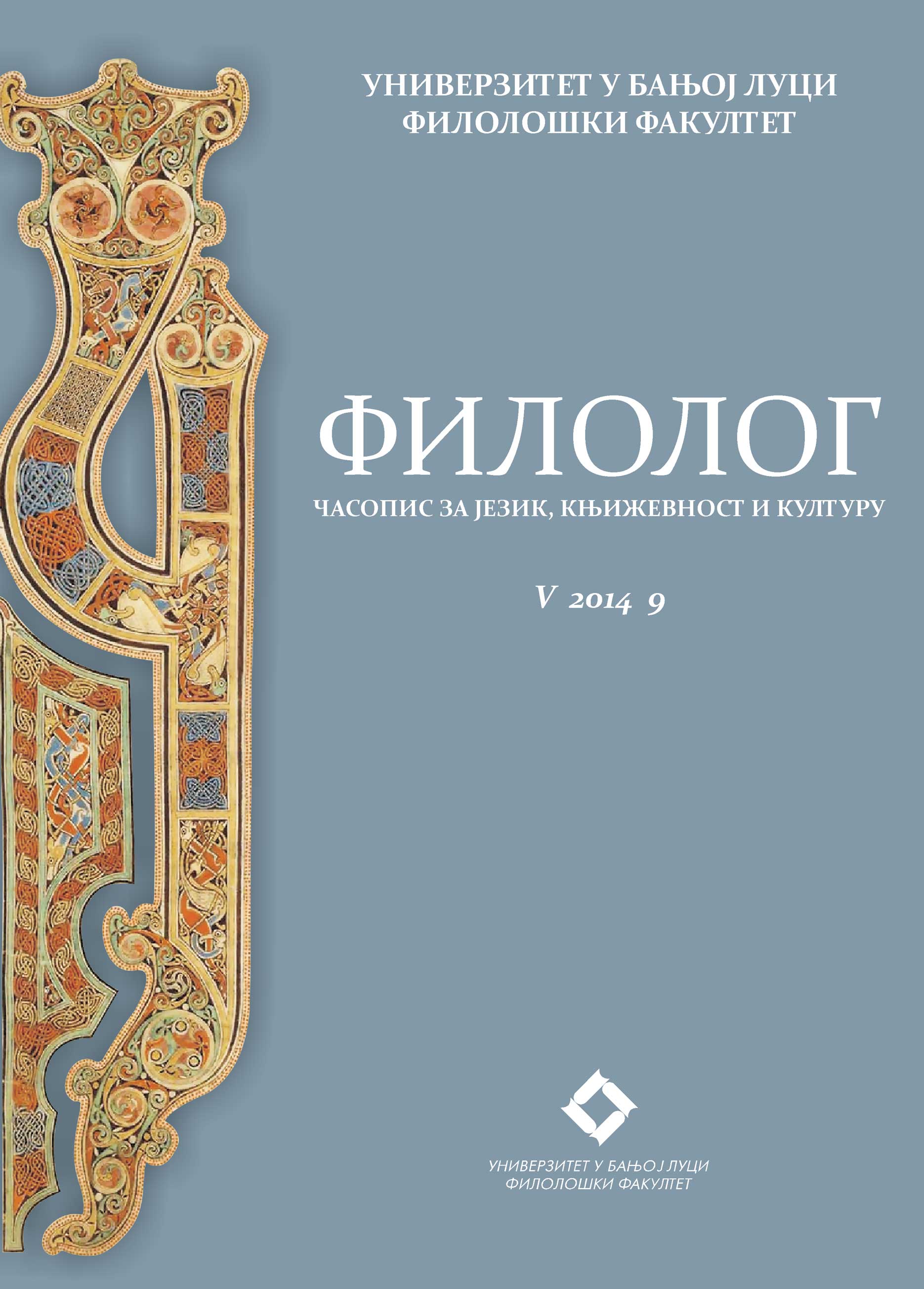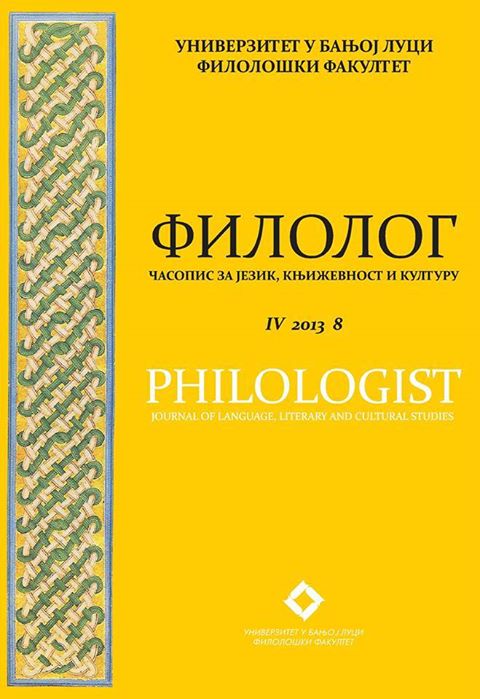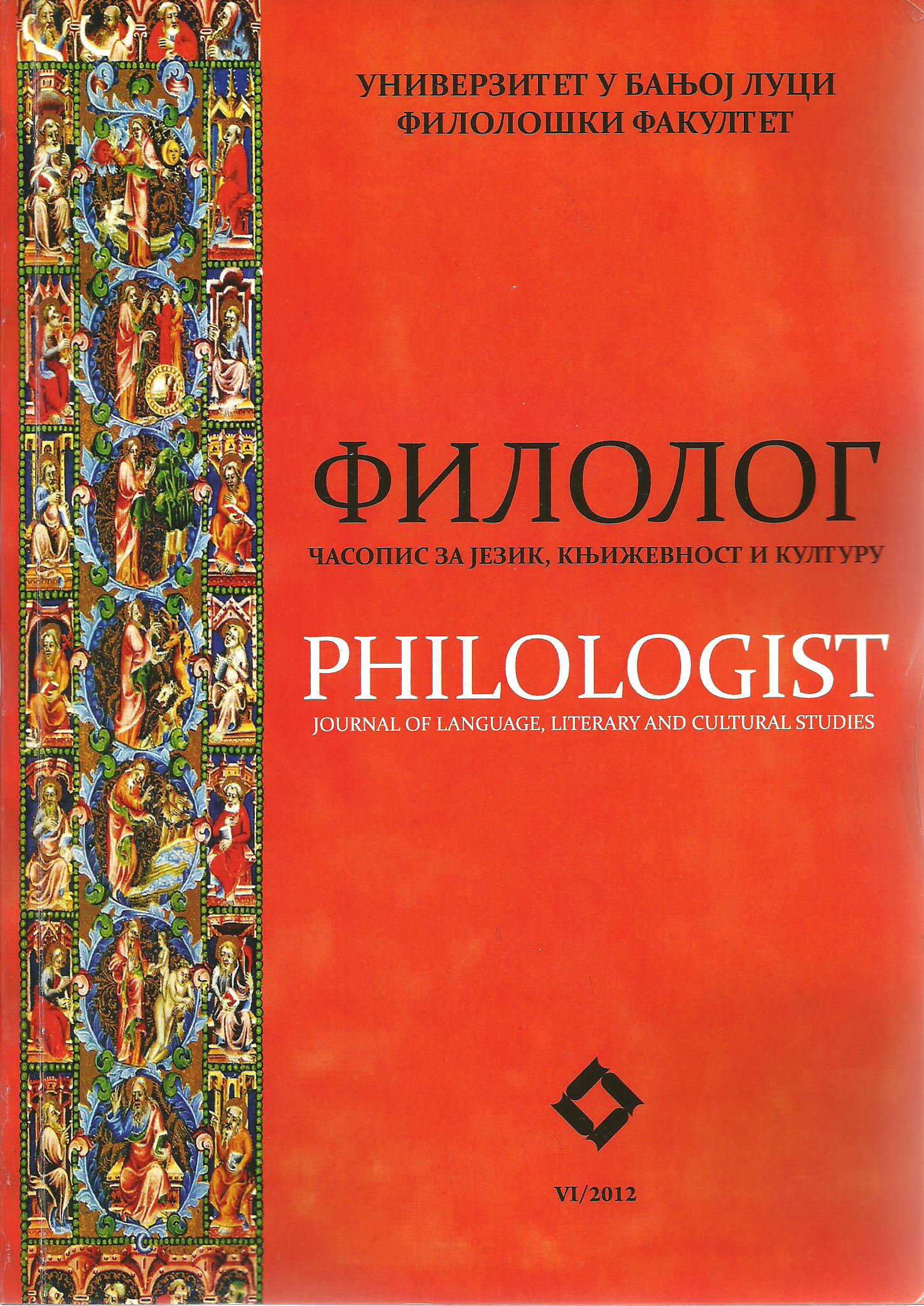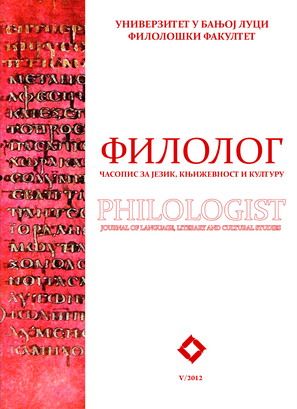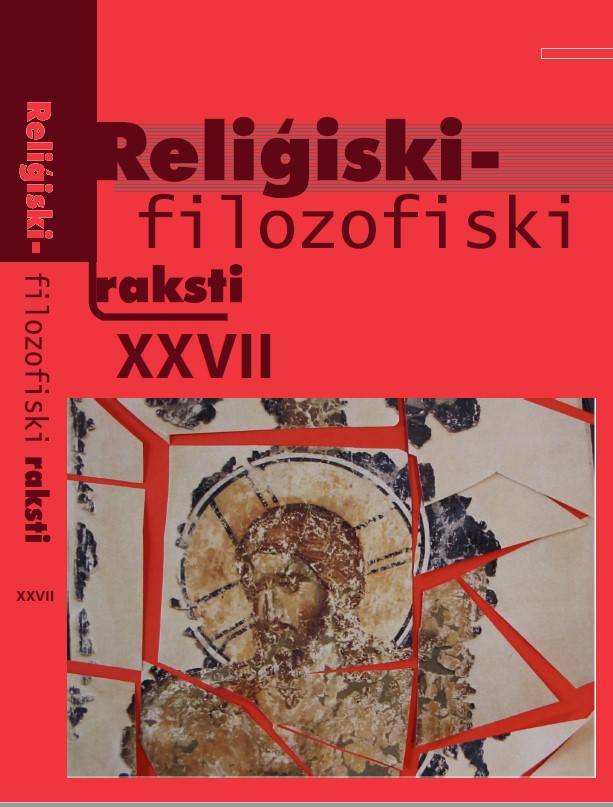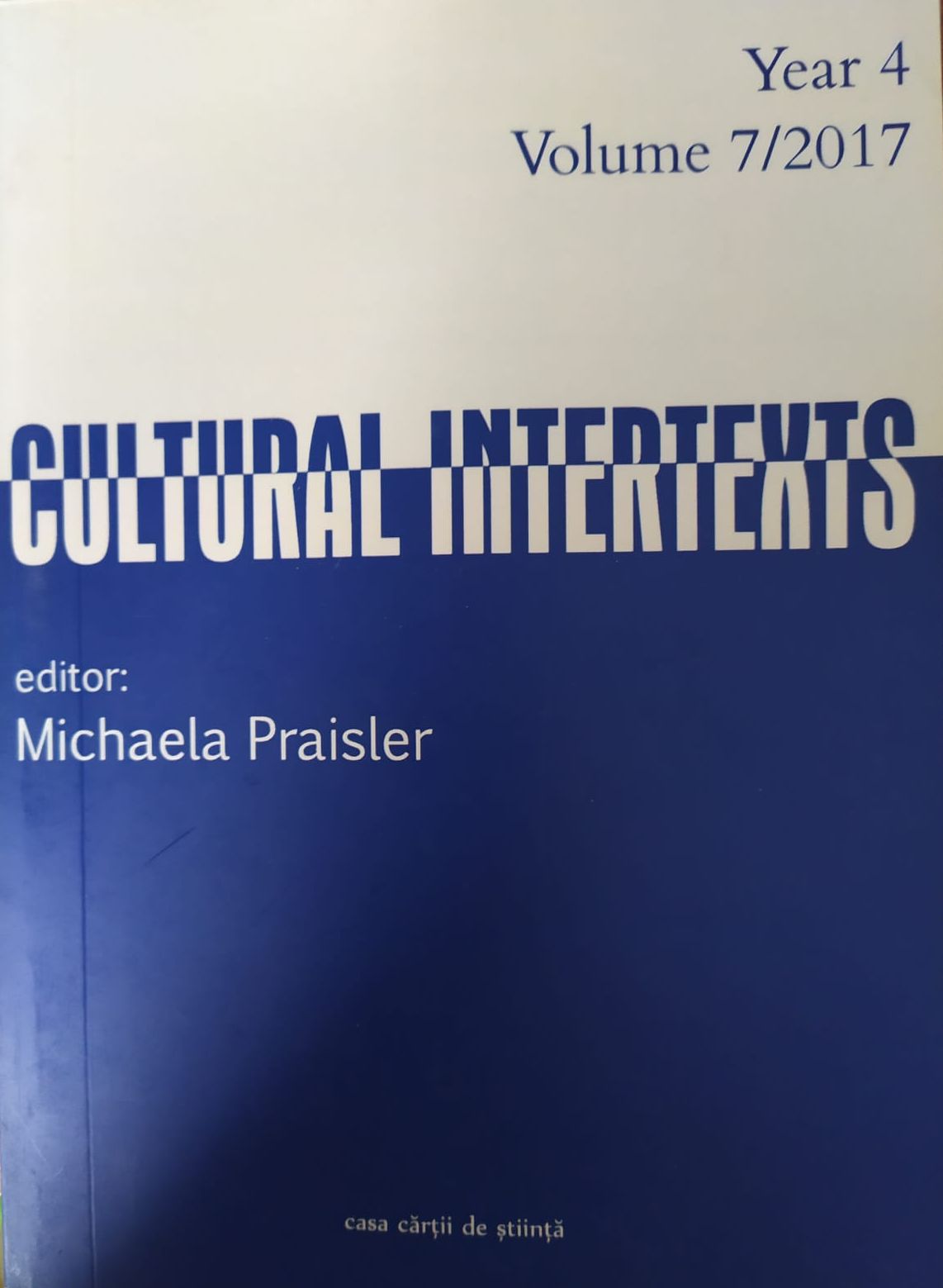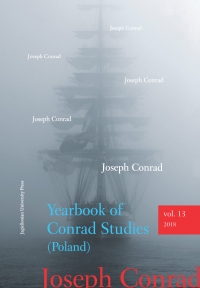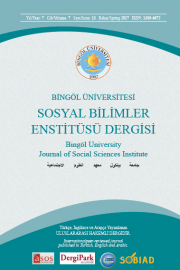
İNGİLİZ EDEBİYATININ TOPLUMSAL MİSYONU VE SÖMÜRGECİLİK
This study sets out to demonstrate that the emergence and rise of the discipline of English literature was moulded by the colonial mission of civilizing colonial subjects in India and educating the middle class in England. The former one that is the civilizing mission was an adaptation of the content of English literature to the administrative and political imperatives of British colonial rule in India while the latter the educating mission was in turn proved to be support education of English middle class for social and political control in domestic affairs. In order to realise this aim English literature had to prove its own existence among its other traditional social institutions or rivals such as religion, and philology. The emergence and rise of English literature in England and overseas also demonstrate the ways of establishment of the new attempts and experimentations in colonies which could not be put into action in England before.
More...
